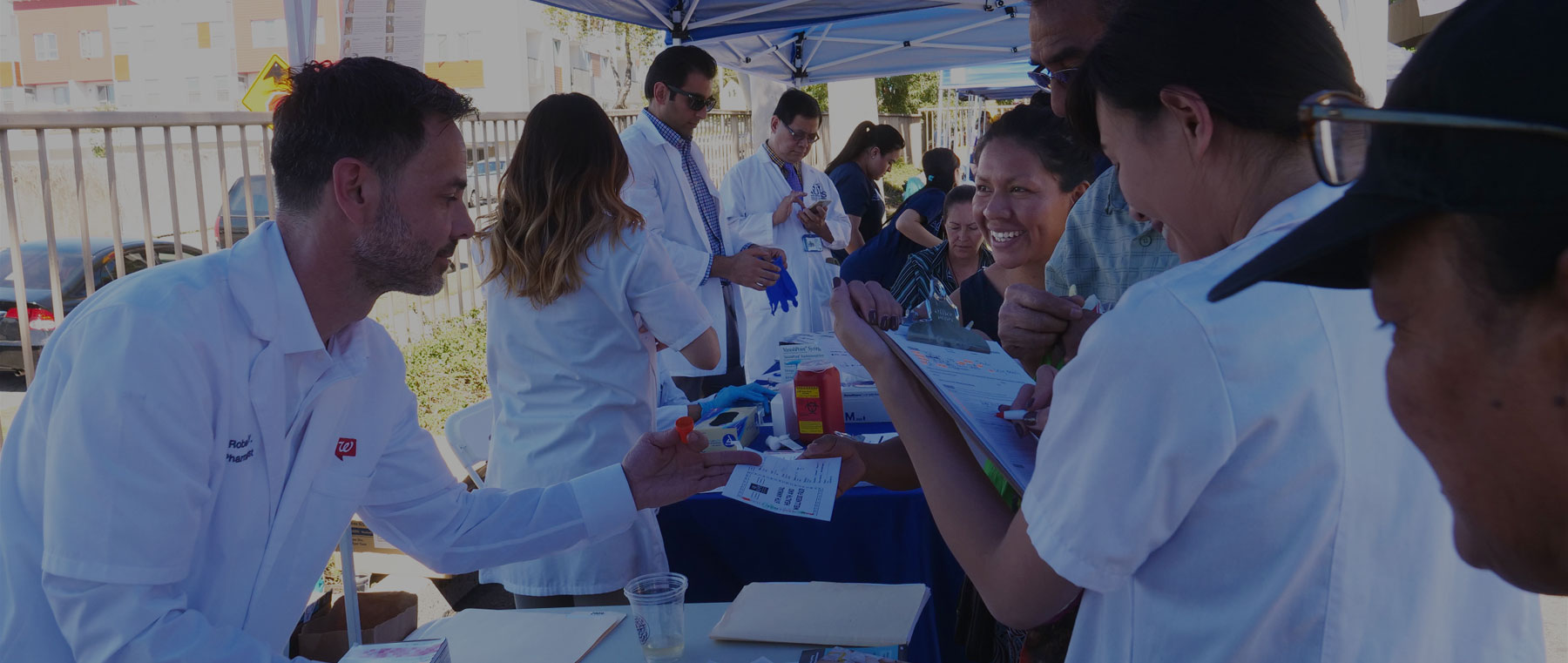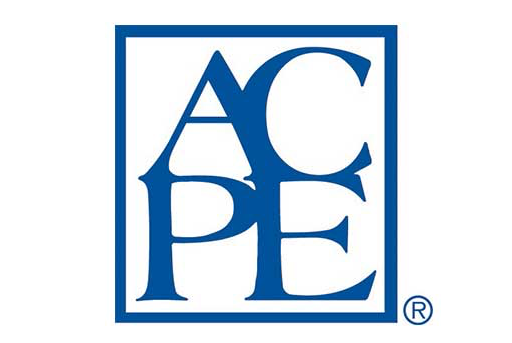
PharmD | Doctor of Pharmacy
With an emphasis on interprofessional education,
our graduates will be ready to be active members of the healthcare team.
PharmD Program Points of Distinction
Keeping in line with the vision of the University, our graduates will be educated in a Christian-based environment and trained to be practice-ready in providing a number of primary care services.
Innovative, affordable year-round curriculum leading to completion of the PharmD degree in three years instead of four years, enabling AUSH students to enter the job market or post-doctoral residency one year earlier.
A curriculum that blends arts and leadership with science and practice to foster leadership and practice readiness for 21st century healthcare.
The only program of its kind that includes Medical Illustration in the curriculum.
A small class size of 60 with a high teacher to student ratio.
With an emphasis on interprofessional education, our graduates will be ready to be active members of the healthcare team.
- Hospital/Institutional Pharmacy Practice
- Community Pharmacy Practice
- Acute Care/Internal Medicine Pharmacy Practice
- Ambulatory Care Pharmacy Practice
- Two electives

Accreditation Council for Pharmacy Education
“The American University of Health Sciences School of Pharmacy’s Doctor of Pharmacy program has been given the status of Accredited with Probation by the Accreditation Council for Pharmacy Education, 190 South LaSalle Street, Suite 3000, Chicago, IL 60603, 312/664-3575; FAX, 866/228-2631, web site www.acpe-accredit.org, for compliance issues with the following standards: Standard No. 1: Foundational Knowledge and Standard No. 24: Assessment Elements for Section I: Educational Outcomes. For an explanation of the program’s Accredited with Probation status, consult the Office of the Dean or ACPE.”

1. Christian-Based Curriculum
Keeping in line with the vision of the University, our graduates will be educated in a Christian-based environment and trained to be practice-ready in providing a number of primary care services.

2. Innovative Course Content
Innovative, affordable year-round curriculum leading to completion of the PharmD degree in three years instead of four years, enabling AUHS students to enter the job market or post-doctoral residency one year earlier.

3. Preparing Leaders
A curriculum that blends arts and leadership with science and practice to foster leadership and practice readiness for 21st century healthcare.

4. Medical Illustration
The only program of its kind that includes Medical Illustration in the curriculum.

5. Personal Attention
A small class size of 60 with a high teacher to student ratio.

6. Interprofessional Education
With an emphasis on interprofessional education, our graduates will be ready to be active members of the healthcare team.
Doctor of Pharmacy Program Disclosure Information
The AUHS, School of Pharmacy is accredited by the Accreditation Council for Pharmacy Education (ACPE). The accreditation term granted for the Doctor of Pharmacy program extends through June 30, 2024, which is the customary two-year term for a new program receiving Accredited status. As part of the ACPE policies and procedures (8.4 Policy on Program Disclosure of Specific Information), an ACPE-accredited program is required to post on its website the following information: On-time graduation rate for the most recent graduating class in the single degree pathway (i.e., the percentage of a class cohort completing the curriculum in the specified timeframe (3 years):
